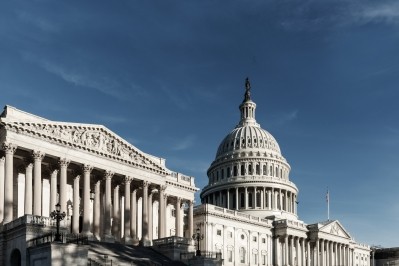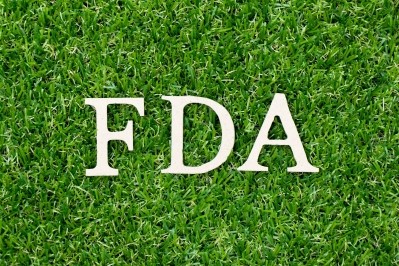CRN’s Mister on the best solution for CBD, DSHEA 2.0, and more
Recently, four consumer groups and a prominent physician from Harvard – Dr Pieter Cohen – sent a letter to members of Congress calling for the blocking of H.R. 841, the Hemp and Hemp-Derived CBD Consumer Protection and Market Stabilization Act, which the groups describe as “a political decision to legislatively override a careful and scientific evaluation of CBD safety would create a terrible precedent”.
The Council for Responsible Nutrition is one of the many industry organizations supporting H.R. 841, which Mister called “the best way” to eliminate the obstacle created by the drug preclusion language in the Food, Drug & Cosmetic Act.
Speaking with NutraIngredients-USA, CRN’s Mister said: “The question is really not about the safety of the ingredient. It’s about the legal obstacle that’s in the Food, Drug & Cosmetic Act in the very definition of a supplement, which created this race to market: If a drug company gets there first, they get a monopoly over the article. If the supplement was already in the market, then the two markets have to share that particular substance.
“841 is the best way to eliminate that obstacle because it very narrowly – and only for these cannabinoids – says, ‘there’s going to be an exception to that general rule and its because hemp and these cannabinoids that come from hemp were on the controlled substance list for so many years because they were tied up in the legacy of marijuana’. And so, we could not lawfully market those ingredients because they were controlled substances.
“And that justifies this very narrow exemption to the typical race to market that’s created by the drug preclusion language.
“And that really has nothing to do with safety, nor is it to say that safety isn’t critically important for a supplement but that becomes the next question, which is: Now that we have a legal ingredient, how do we demonstrate it’s safe? And the statute gives us the answer for that: It’s the New Dietary Ingredient notification process.
“These people who are opposing 841 on safety grounds have gotten the order of things backwards.”
“The exclusion is justified because of that history,” said Mister. “And once we get through that, the rest of H.R. 841 says that, in all other respects, these products must be held to all of the other requirements for dietary supplements.”
DSHEA 2.0
The letter from the consumer groups, which included the National Consumers League, the Consumer Federation of America, the Center for Science in the Public Interest, and Consumer Reports plus Harvard’s Dr Cohen, also called for significant reforms to the Dietary Supplement Health and Education Act (DSHEA).
Such reforms include mandatory product listing and registration, closing the GRAS loophole, bolstering Adverse Event reporting, labeling of supplement-drug interaction warnings, allocating additional resources to the ODSP and strengthening enforcement, and more.
Mister said that CRN agreed with about 50% of the proposals and that CRN has already had some outreach to the Center for Science in the Public Interest (CSPI).
“I think there are 11 different items on their wish list,” said Mister. “I think some of them are test balloons for the other side.”
But could such wide-ranging changes be achieved without potentially opening up DSHEA and doing that without the presence of clear Congressional champions, like the industry used to have with former Senators Orrin Hatch and Tom Harkin?
“I think that’s the thing we are most concerned about,” said Mister. “It’s knowing that when you go into a committee with your wish list, the other side will come in with theirs, and there’s horse trading going on. Nobody likes to see the sausage made, but that’s the reality here in Washington. In this environment, we have to be very careful about talking about widespread revision of DSHEA.
“We need to decide as an industry to is this the right time to talk about wholesale revisions – DSHEA 2.0 – or do we need to deal with some real narrowly targeting things: Deal with CBD, maybe we enact mandatory product listing, and then we hold everything and see what happens in 2022.”
Mister also discussed the personnel changes at FDA and CRN’s probiotics initiative to help retail buyers and consumers.
















